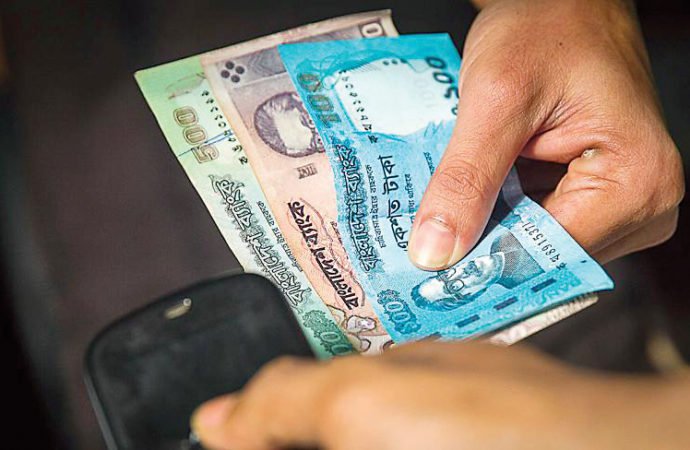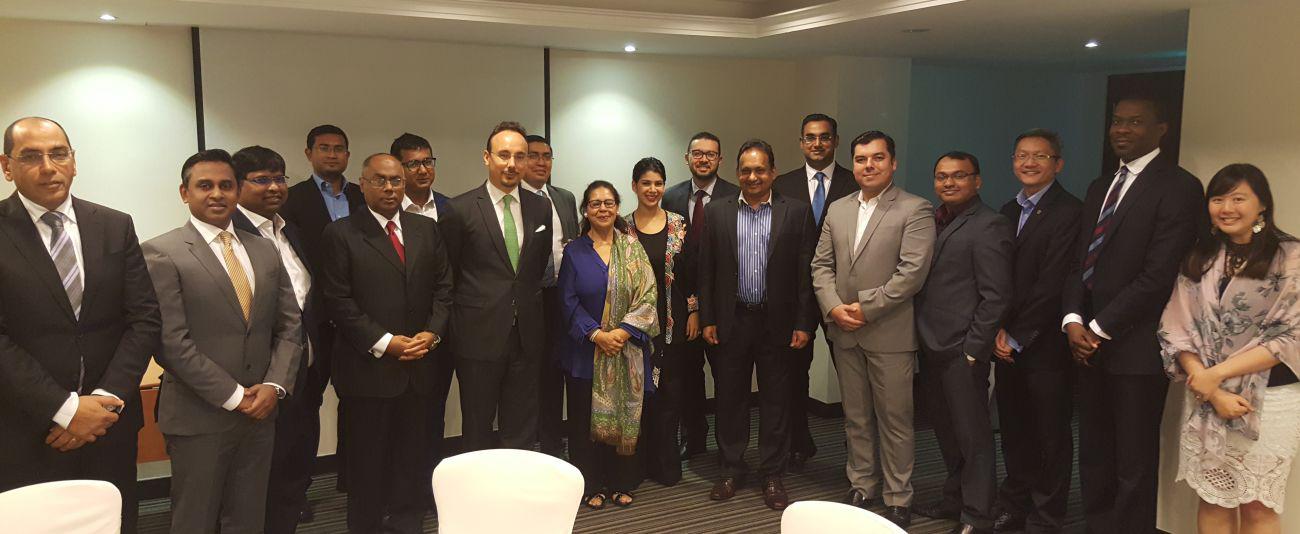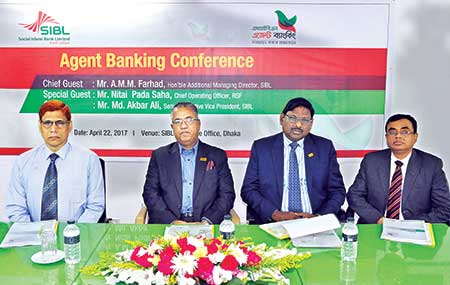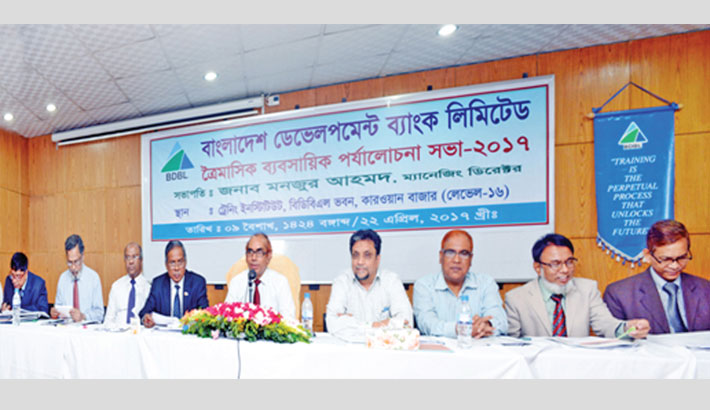On January 11 this year, Bangladesh Bank issued an order to all mobile financial service providers to comply with the revised mobile banking transaction ceiling, citing abuse of the facility by a section of people.
This limitation of the mobile financial service (MFS) transactions has now started taking a toll on users, especially SMEs and small e-commerce entrepreneurs.
According to the directive, a maximum of Tk15,000 can be deposited into an MFS account and Tk10,000 can be taken out each day. The previous daily ceiling was Tk25,000 both for cash-in and cash-out.
An account holder can now make deposits and withdraw amounts twice in a day. Previously, the limit for cash-in was five and for cash-out it was five.
Each month, a mobile money customer can deposit a maximum of Tk1 lakh, down from Tk1.50 lakh earlier. The maximum monthly withdrawal limit is Tk50,000 through 10 transactions at most.
Previously, the cash-out limit was Tk25,000 per transaction and three transactions were allowed at most. The overall cash-out limit used to be Tk1.50 lakh in 10 transactions a month.
The customer also cannot withdraw more than Tk5,000 within 24 hours after a deposit.
To withdraw cash of Tk5,000 and over, the customer must first show proper verification – national identity card or its photocopy – to the mobile banking agent.
Several MFS account holders are now using different SIMs to conduct transactions, leading to an increase in the number of MFS accounts this month.
According to a central bank report, though the total number of registered MFS accounts has increased by 18.89% and the number of active MFS accounts has risen by 44.85% to 23.9m in February in comparison with the previous month, however, the total number of MFS transactions has actually dropped by 11.42%.
The Dhaka Tribune interviewed a cross section of people, including rickshaw pullers, housewives, students, garments workers, Facebook based e-commerce businessmen and small online business owners, who all said they had been severely affected by the implementation of the revised transaction limit on February 1.
Rudmila Hasan, who runs an online shop for womens’ clothing, said the revised limit has been causing many difficulties for her in receiving payment from her customers as well as in paying her suppliers.
As she cannot deposit more than Tk15,000 in her supplier’s account in a single day, this has made sourcing clothes from the Islampur wholesale market very hard.
“Most of my customers used to send their payments to my mobile wallet. Now I have to discourage them for mobile payment as I cannot cash- out more than Tk10,000 in one day and Tk50,000 in a month. This is affecting my business seriously as many of my customers live outside Dhaka,” she said.
Hundreds of Facebook based e-commerce businesses are also facing similar problems.
However, Zahedul Islam, spokesperson of bKash, the largest MFS provider in the country said to overcome the problem, the e-commerce sellers could open merchant wallets with the MFS providers, after fulfilling certain criteria, as there is no ceiling on merchant payment.
E-commerce Association of Bangladesh President Rajib Ahmed said the government directive came at a time when country’s e-commerce and Facebook e-commerce were experiencing a rapid growth, and that the decision has now halted that growth.
“Ultimately, it will become an obstacle to building a Digital Bangladesh,” he said, adding that opening a merchant wallet was not supported by most e-commerce entrepreneurs since many of the business did not have TIN numbers or trade licenses.
The incomes of MFS agents have also gone down because of the revised transaction limit.
Mossarraf Hossain, an MFS agent in the Moghbazar area, said his income had nosedived due to the central bank’s latest directive.
news:dhaka tribune/23-apr-2017






